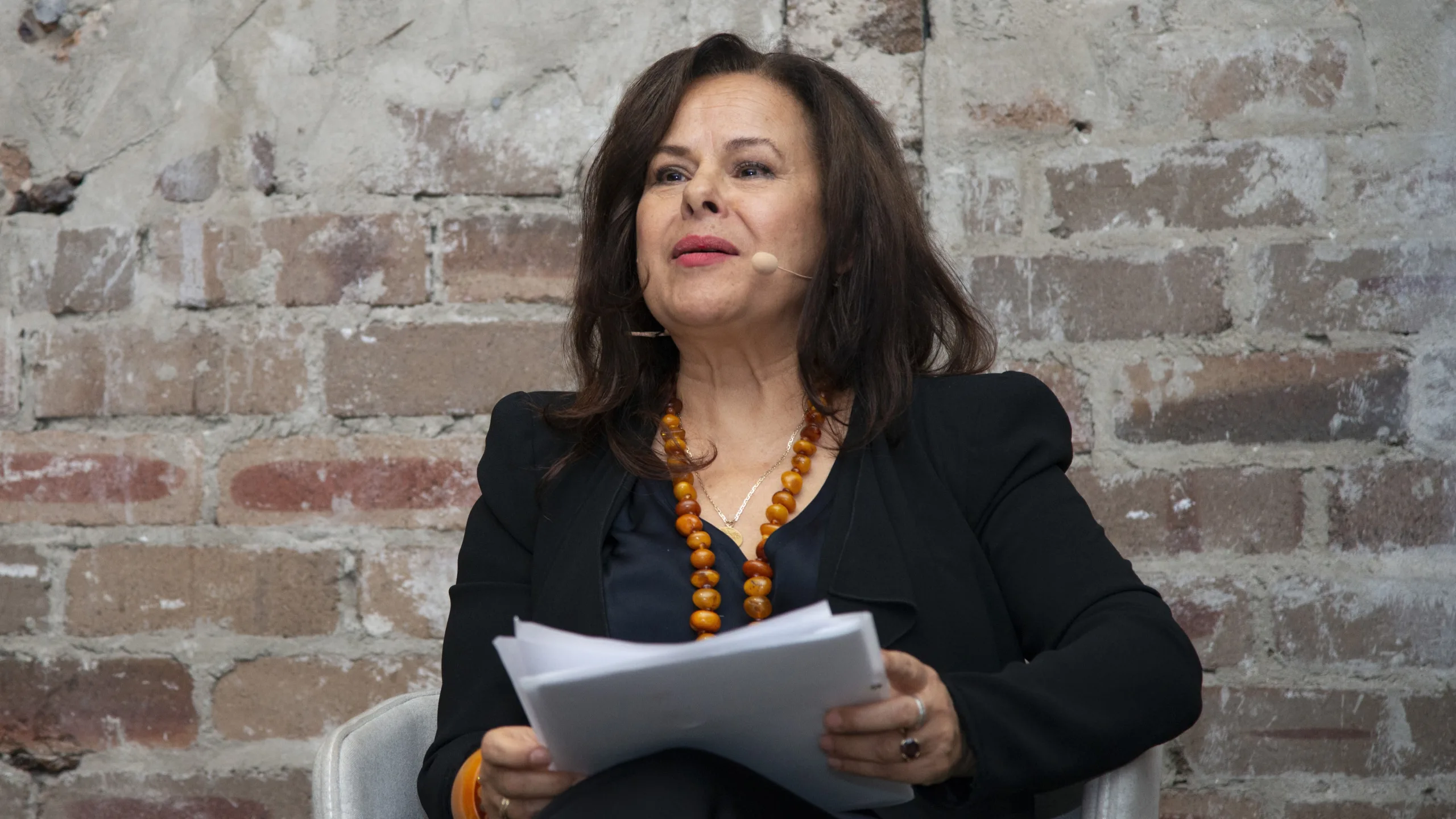As the Greek Australian Writers’ Festival prepares to return on Sunday, April 27 for its fourth and most expansive edition yet, award-winning journalist and academic Dr Helen Vatsikopoulos — Founder and Director of the Festival — reflects on the power of storytelling, intergenerational memory, and cultural connection.
Held in the Prince Henry Centre at Little Bay in Sydney, the 2025 Festival will feature an ambitious program of parallel sessions spanning fiction, memoir, psychology, photography, and myth.
In this exclusive interview, Dr Vatsikopoulos shares her vision for this year’s event, the stories that continue to shape our Greek Australian identity, and why literature still matters in an increasingly digital world.
This year’s Greek Australian Writers’ Festival is the biggest yet — what can audiences expect from the expanded program?
This is 4th year that we are holding this festival and I am pleasantly surprised that there is no shortage of books on Greek themes to feature.
There’s an impressive range of genres this year — from mythology to memoir, psychology to photography. What was your vision when curating such a diverse lineup?
I want to showcase as many different authors and genres as possible to give audiences choice. It begins with seeing what is available, what books have been written and then trying to curate an event around these.
This year we are honoured to have two prominent Greek Australian intellectuals Professors George Kouvaros and Nikos Papastergiadis sharing their thoughts on identity and generational thinking. Their books allow us to take a deep dive into the past and reflect on what impact this has had on our development. But there is also a focus on women with Koraly Dimitriadis’ short story collection “The Mother Must Die” and Emily Tsokos Purtill’s “Matia,” a matrilineal novel of love in four generations.
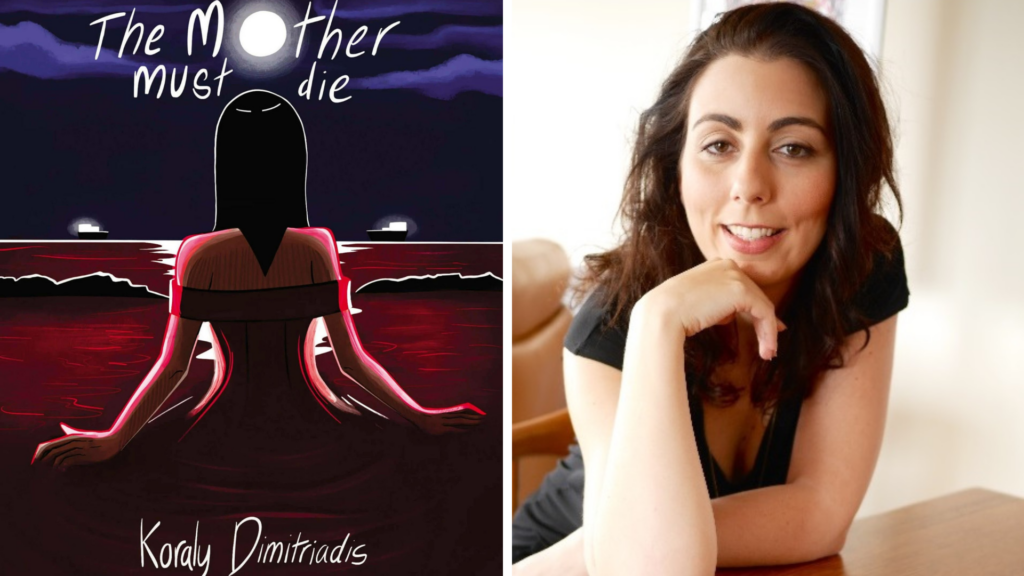
The Festival features parallel sessions in the morning — can you tell us more about this format and what it offers attendees?
Because we have so many books and we want to keep the festival to one day, we will have two sessions running at the same time in different rooms so the audience can choose which session appeals to them. Most of the literary festivals do this. It’s great to have so much on offer.
One of the standout elements is the launching of two new books. What excites you most about Patrimonies by George Kouvaros and Hydra in Winter by Shelley Dark?
We are honoured to officially launch Professor George Kouvaros’ book Patrimones – Essays on Generational Thinking. Dr Andonis Piperoglou, Hellenic Senior Lecturer in Global Diasporas at Melbourne University, is launching this and will be in conversation with George. This is a great book which asks the questions so many of us second and third generation Greeks are asking: How did the actions and choices our parents made leave their mark on us? We are so fortunate to have intellectuals like George, Andonis and Nikos Papastergiadis who are doing the analysis and research on what has made us, the children of migrants.
Hydra in Winter is a glorious book. Shelley and her husband John had no idea that he was descended from one of the first Greek convicts sent to Australia – a pirate named Ghikas Voulgaris. Now both retired, John was happy surfing but Shelley was determined to find out more and so she went to Hydra in winter, when the tourists are away and she could try and find out who this person was. It’s a great read.
This year’s theme seems to lean into intergenerational storytelling and identity. Was that an intentional direction for the festival?
I think that we have reached a moment when we are starting to get introspective. Most of us have aging parents or grandparents and these were the migrants of the post-war generation that migrated to Australia. They are slowly leaving us and we have so many questions to ask them and so much to learn from them. George Kouvaros’ book Patrimonies addresses this theme, as does Nikos Papastergiadis’ John Berger and Me. His memoir reflects on the influences of his mentor and also of his father and draws on personal memories of his familial origins from his peasant roots to experiences of migration.
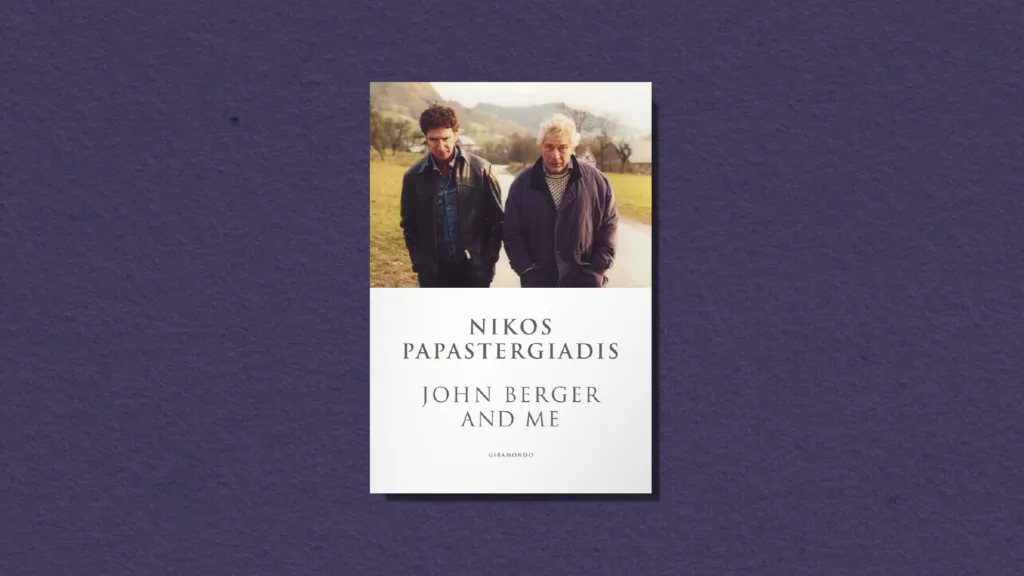
The final session, Books That Made Me, invites personal reflections from both authors and audience. What inspired this more intimate and interactive conclusion?
Most of us have a book that moved us, or caused us to think differently or deeply about our identity or our community or history and purpose, and I think it would be great to hear from the authors about these seminal moments in their lives. It would also be good to hear from the audience too. Perhaps we will get some more books for our reading lists or book clubs.
Greek mythology appears in modern form in works like Delphi and Dancing the Labyrinth. Why do you think myth continues to resonate so strongly with Greek Australian writers today?
This is a phenomenon that just keeps growing and is now a best-selling genre. I think the ancients would have loved to see non-Greeks taking their stories and repurposing them for modern audiences. The readers love these moral tales and the stories are not just in books – there are currently two films slated for release on Odysseus and his return to Ithaca.
The festival is also hosting a session on neuroscience with Dr Anastasia Hronis and several photography-based works. How important is it to stretch the boundaries of what a ‘writer’ is?
Storytelling comes in many forms, from the written word to the visual form of communication. And stories come from the imagination as in novels, but also are based on science and medicine as in The Dopamine Brain. Today we struggle to achieve balance in our lives and Dr Hronis is there to explain the role that Dopamine plays in our daily lives.
We are lucky to have such great photographers within our community like Effy Alexakis and Eirini Alligiannis. Photographers Marios Kalyvas and Aretha Zygouri moved to Australia from Greece and their book Glimpses of the Silk Road is a mesmerising account of their 25,000 km journey from Turkey to China covering 120 towns and villages and reflecting on the influence of Hellenism on that journey.
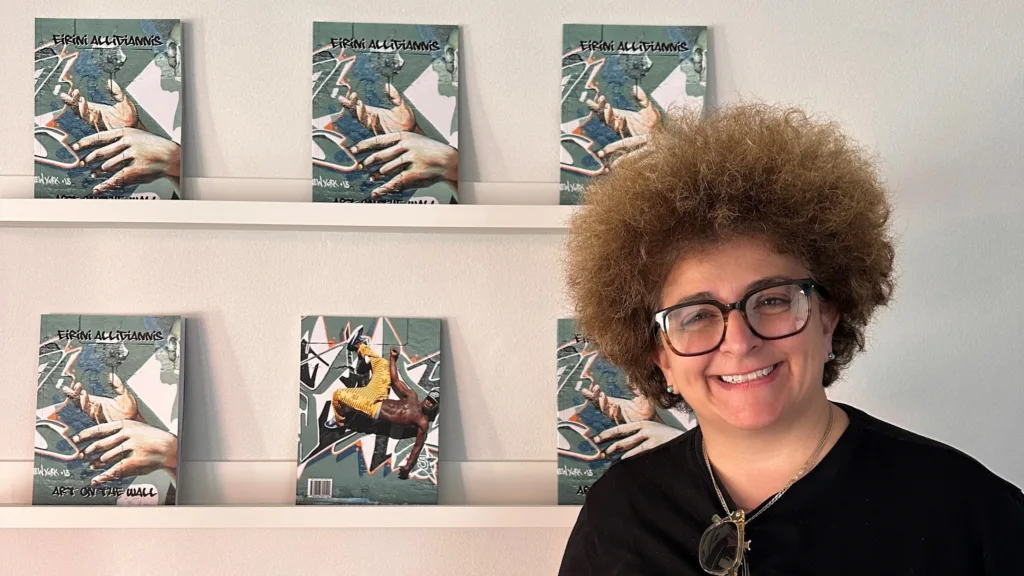
As the festival’s founder, what has been the most rewarding part of seeing it grow within the wider Greek Festival of Sydney?
It’s wonderful to see mixed audiences. Greek Australians sharing ideas with those who don’t have Greek backgrounds. I think this is the essence of what we want to achieve, to bring all Australians together and we have been able to achieve that.
I really want to encourage reading and storytelling. I find it disturbing to see people on devices everywhere, on trains, in waiting rooms, on buses, people are always on their phones, when years ago they might have been reading a book, or people watching, or thinking. It’s ruining our brains and creating something called “brain rot” and shrinking our attention spans. I want to encourage people to read and I hope we can get more younger people to attend.
This year we have Will Kostakis presenting his award winning Young Adult Fiction book We Could Be Something. It won the 2024 Prime Minister’s award last year and it’s a story of a young man coming out to his Greek parents. He will be in conversation with Peter Polites, another award winning author.
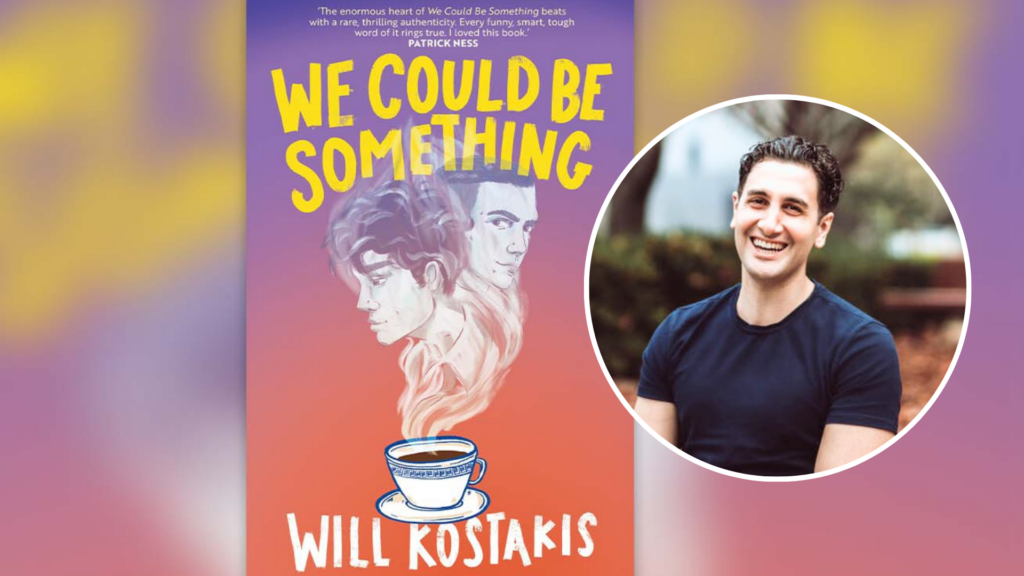
For those attending for the first time, what would you say makes the Greek Australian Writers’ Festival unique compared to other literary festivals in Australia?
What makes it unique is that its placed within the Greek Festival of Sydney and it’s a celebration of Hellenic culture and ideas. There is no other festival like it in Australia and we have made it a national event. Our writers are not just Greek Australians, but anyone who is writing on Greek themes and they come from Perth, Queensland, Melbourne as well as Sydney. The interviewers are veteran journalists like Phil Kafcaloudes and Helen Tzarimas, as well as younger journalists like Mikala Theocharous. There is no other event like it in the country – Melbourne has an annual book fair but not with sit down discussions and explorations of ideas. And it’s a work in progress – I hope that next year we can include some authors from Greece and make it international.
Is there anything else you’d like to say?
I want to thank The Greek Herald for supporting great storytelling and for the great work it does in journalism.
